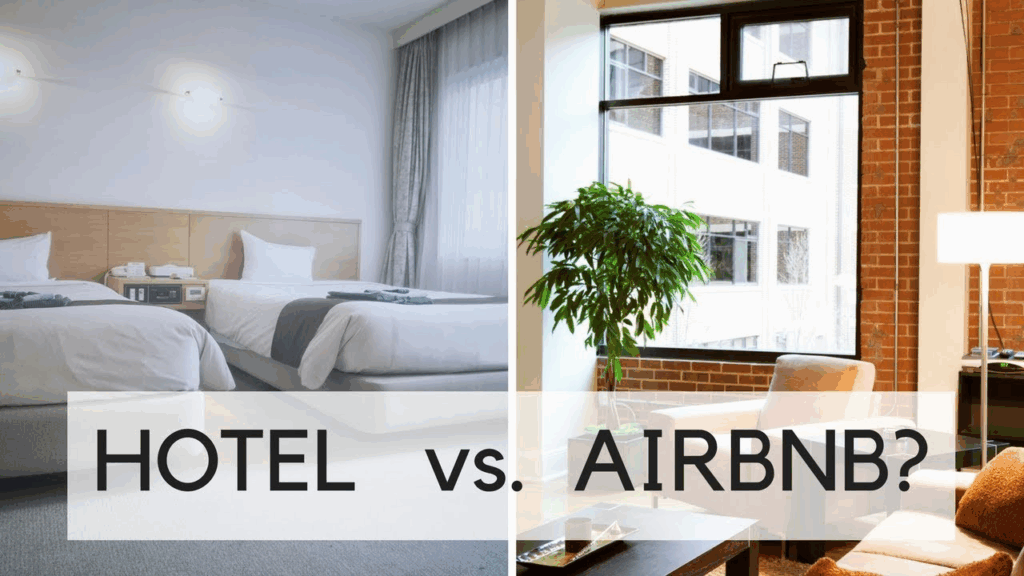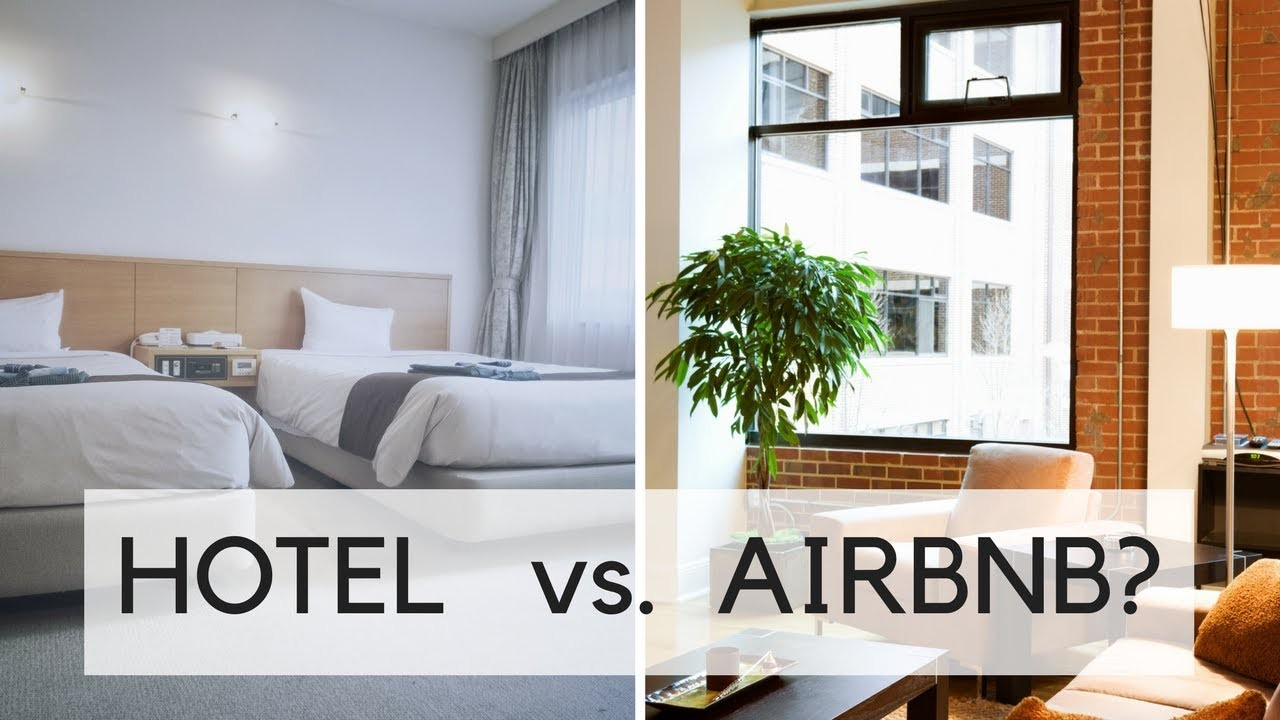
The travel industry has transformed dramatically in recent years, with travelers now expecting more than just a bed—they want experiences, flexibility, and affordability. By 2025, hostels are no longer just budget options for backpackers. They have evolved into vibrant, stylish, and community-driven spaces that directly compete with both hotels and Airbnb. Offering a mix of affordability, social connection, and modern amenities, hostels are redefining their role in the global accommodation market.
Why Hostels Remain Competitive
Travelers in 2025 are seeking balance: affordability without compromising comfort, convenience without losing authenticity, and social experiences alongside privacy. Hostels are perfectly positioned to deliver this mix. Unlike hotels, which can be expensive, and Airbnb, which often lacks consistency, hostels bridge the gap by combining:
- Affordable prices compared to hotels.
- Community-driven experiences often missing in Airbnb.
- Stylish and modern amenities rivaling boutique hotels.
- Flexible stays for short trips, long-term digital nomads, or group travelers.
Hostels vs. Hotels: The Modern Comparison
Hotels traditionally appeal to travelers seeking comfort and luxury. However, many modern hostels now feature boutique-style interiors, private rooms, and coworking spaces that rival mid-range hotels at a fraction of the cost. While hotels emphasize service and exclusivity, hostels offer social interaction and experiences that make them especially attractive to younger generations and solo travelers.
Key Points of Competition with Hotels
- Affordability – Hostel beds are significantly cheaper.
- Community Vibe – Hotels rarely offer social events like group dinners or tours.
- Flexibility – Hostels often provide shared dorms, private rooms, or extended stays.
- Design & Comfort – Modern hostels invest in chic décor and amenities once exclusive to hotels.
- Work-Friendly Spaces – Coworking zones in hostels appeal to digital nomads.
Hostels vs. Airbnb: Finding the Edge
Airbnb disrupted the travel market by providing unique stays and home-like environments. Yet, by 2025, rising prices, inconsistent standards, and regulatory challenges have made Airbnb less appealing to budget-conscious travelers. Hostels are stepping into this gap by offering:
- Reliable standards with professional management.
- Social opportunities that Airbnb often lacks.
- Lower costs compared to entire-home rentals.
- Central locations near tourist attractions, unlike many suburban Airbnbs.
Key Points of Competition with Airbnb
- Consistency – Hostels provide standardized services and security.
- Community – Shared events and social areas foster connections.
- Affordability – Dorm beds or shared spaces are cheaper than Airbnb stays.
- Cultural Engagement – Hostels often organize local tours and workshops.
- Transparency – No hidden cleaning fees or service charges.
How Hostels Adapt to Modern Travelers in 2025
1. Private Room Options
To compete with hotels and Airbnb, many hostels now offer stylish private rooms with en-suite bathrooms, blending privacy with community.
2. Coworking Spaces
With the rise of digital nomads, hostels integrate workspaces with high-speed internet, making them a hub for remote workers.
3. Events and Experiences
From yoga sessions to cultural tours, hostels focus on offering experiences that create lasting memories.
4. Sustainability Initiatives
Eco-conscious travelers are drawn to hostels that use renewable energy, recycling programs, and locally sourced food.
5. Tech Integration
Smart check-ins, booking apps, and digital lockers make hostels efficient and convenient, aligning with modern expectations.
Comparative Table
| Feature | Hostels (2025) | Hotels | Airbnb |
|---|---|---|---|
| Price | Budget-friendly, flexible options | Higher, often premium | Variable, rising costs |
| Community | Strong social vibe, events, tours | Limited guest interaction | Minimal unless host involved |
| Consistency | Professional management, standards | Reliable service, brand quality | Inconsistent, depends on host |
| Work-Friendly Spaces | Coworking areas, Wi-Fi zones | Business lounges (premium) | Varies, not always suitable |
| Cultural Immersion | Local tours, workshops, activities | Limited, often formal | Depends on host/local setting |
| Transparency | No hidden charges | Clear pricing | Cleaning & service fees common |
Overview Table
| Advantage | Hostel Strength | Guest Benefit |
|---|---|---|
| Affordability | Budget beds & private rooms | Save money while traveling |
| Social Experience | Events & community vibe | Meet people & make connections |
| Work-Friendly | Coworking spaces & Wi-Fi | Balance travel with productivity |
| Cultural Connection | Tours & workshops | Authentic local experiences |
| Transparency | No hidden fees | Budget with confidence |
| Flexibility | Short & long-term stays | Options for every traveler |
The Future of Hostels in Global Travel
Hostels have successfully reinvented themselves for 2025. With hotels focusing on luxury and Airbnb facing growing challenges, hostels occupy a sweet spot: affordable, modern, and community-driven. They not only appeal to young travelers and backpackers but also to professionals, families, and digital nomads looking for a balance of work and leisure.
By embracing innovation, sustainability, and inclusivity, hostels are proving they can stand strong against both hotels and Airbnb in the ever-changing travel landscape.
Final Thoughts
Hostels are no longer the “budget-only” choice—they are versatile spaces where affordability meets modern travel expectations. Their ability to provide comfort, community, and flexibility makes them a powerful competitor to both hotels and Airbnb. For travelers in 2025, hostels offer the best of all worlds: cost-effectiveness, memorable experiences, and a place to connect.
FAQs
Q1: Why are hostels more competitive than ever in 2025?
Because they combine affordability, modern amenities, and community-focused experiences that hotels and Airbnb often lack.
Q2: Do hostels offer private rooms like hotels or Airbnb?
Yes, many hostels now provide private rooms with en-suite bathrooms, blending comfort with social opportunities.
Q3: Are hostels suitable for digital nomads?
Absolutely—many feature coworking spaces, high-speed internet, and networking opportunities for remote workers.

